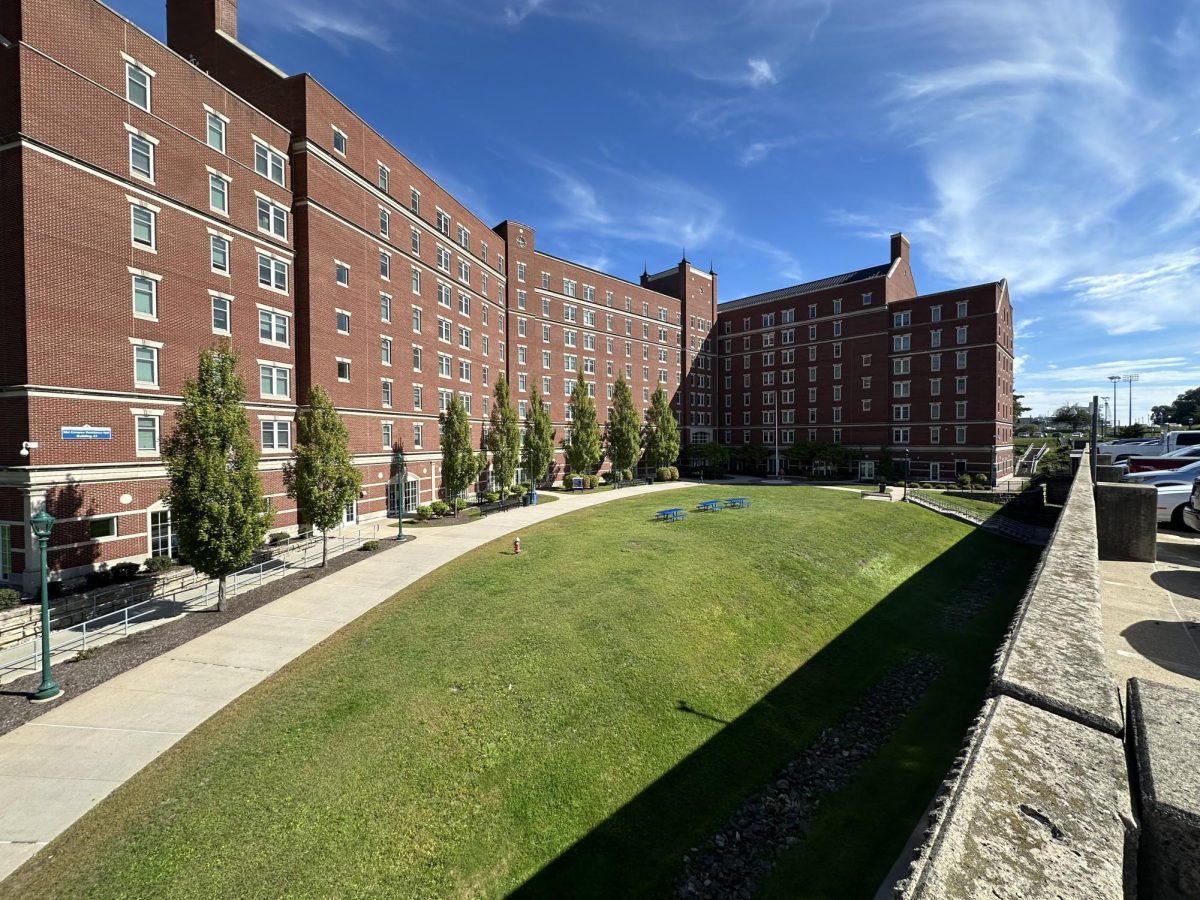By Matt Clyburn

The Connecticut State University System’s Finance and Administration Committee approved a 2.5 percent tuition increase for the four state schools in a meeting at Eastern Connecticut State University last Thursday.
A vote will be held by the full Board of Trustees this Thursday at Southern Connecticut State University to determine whether the increase will go into effect for the 2011-12 academic school year.
A press release from the CSUS said that the increase is the smallest since 2000, but follows a vote by the board in September 2010 that indicated tuition would be frozen for next year.
“It is important that CSUS maintain the accessibility and affordability of its universities to the greatest extent possible,” said Angelo Messina, chairman of the Finance and Administration Committee, in September. “Our students and potential students are among those that are most affected by the prolonged economic downturn.”
The state contributes funding that totals nearly 40 percent of the CSUS annual budget, down from 48 percent a decade ago, according to the resolution adopted in September.
Many students expressed concern with the committee’s recommendation given the board’s action in September.
“I feel like it’s unfair because I’ll be a student here next year and I think we pay enough is tuition and student fees,” SGA Commuter Senater Sasha Savage said in an interview. “It’s just unfair to the students that are coming here.”
Still, others saw the tuition hikes coming.
“I’m glad that it’s one of the lower increases because we know it’s going to happen every year,” said SGA Interim Vice President Liz Braun. “I’m upset about the tuition hike, but I’m not shocked that they went back on their word.”
While CSUS officials said that current enrollment levels should be maintained, they could not say if reductions could affect the current system-wide faculty/student ratio of 16 to 1.
“As reductions grow, it becomes more difficult not to adversely impact the academic experience of students,” the press release said.
If the board passes the measure, tuition and fees would increase by an average of $198 for in-state undergraduate commuters and $446 for in-state undergraduates that living on campus, according to the press release.
Board Vice Chairman Richard J. Balducci echoed Governor Dannel Malloy’s recent call for shared sacrifice and said that cost-cutting measures are being implemented across the system to keep the tuition increase at 2.5 percent.
“Proposing the lowest tuition increase in more than a decade…underscores our recognition of the financial pressures facing our students and their families, as well as the imperative to preserve the caliber of education we provide,” said Balducci.
Malloy’s budget proposals have sent many in the CSUS in a flurry to find a solution to a potential $22 million gap facing the system over the next two years. The tuition increase could bring nearly $8 million in additional revenue and leave around $14 million to be made up by additional spending cuts.
The governor asked Connecticut public universities and colleges earlier this year not to raise tuition by more than the level of inflation. Since the request, state officials have pegged the rate of inflation at 2.5 percent and the University of Connecticut trustees voted a tuition increase at precisely that rate last week.
The salary freeze, which will go into effect in fiscal year 2012, will impact non-union personnel at all four state universities, including the chancellor, university presidents and vice presidents, deans of students, police chiefs, human resources administrators, confidential administrative assistants and system-level management and confidential staff. The salary freeze was first suggested in July by CSUS Board Chairman Karl J. Krapek and Chancellor David G. Carter, both of whom have retired from their positions.
According to the CSUS statement, the system has saved nearly $50 million in recent years by implementing cost savings and cost avoidance measures to soften the impact of cuts in state contributions, increasing payroll expenses, and other costs that rise higher than the rate of inflation on an annual basis.
The system-wide tuition increase last year was 6.3 percent for in-state undergraduate commuters and 5.6 percent for in-state undergraduate campus residents.
“Currently, the cost of tuition and fees falls about midway compared with public universities in the Northeast, and is the lowest when compared with 11 competitor universities in the region which CSUS students had considered attending,” the statement said.
A freeze on the salaries of university management personnel adopted by the board in September will remain, a measure that will affect university presidents and vice presidents, deans of students, police chiefs, human resources, confidential administrative assistants and system-level management and confidential staff, among others.


